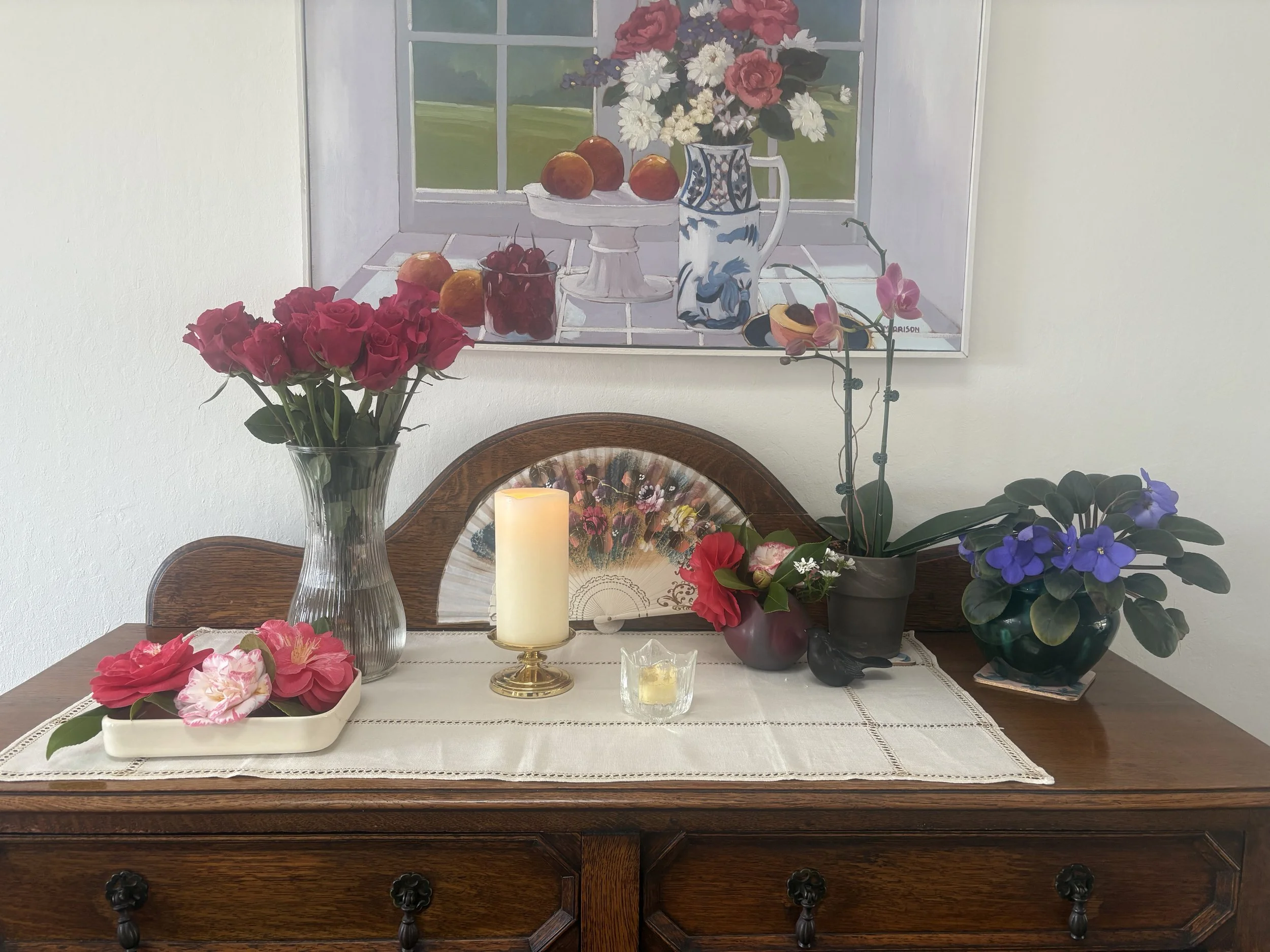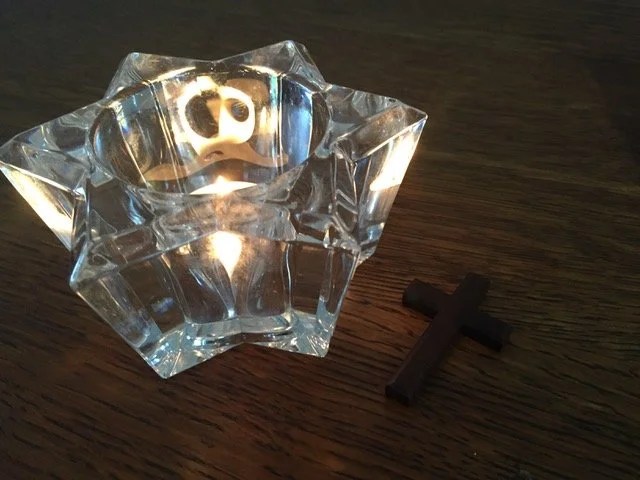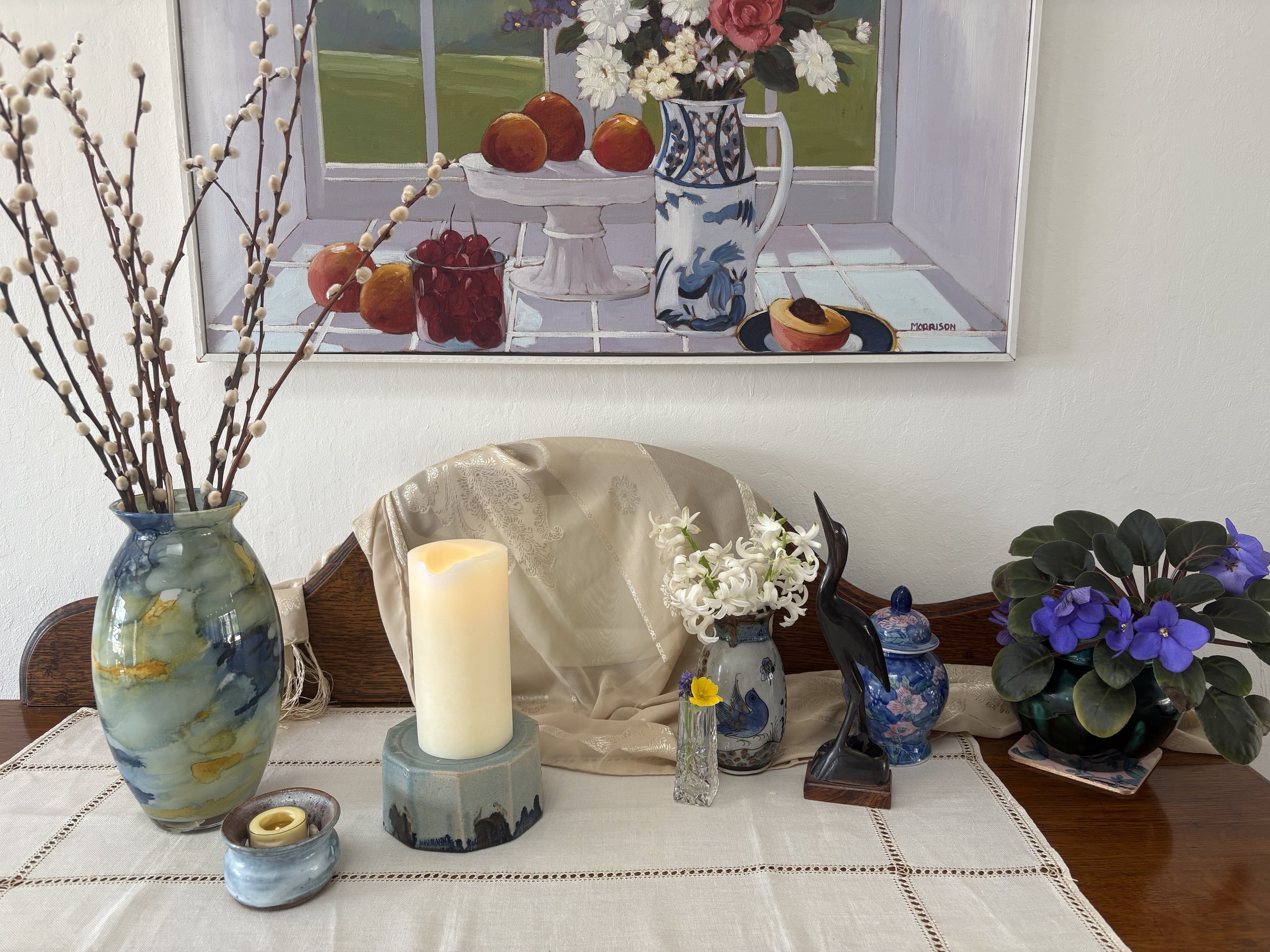In Memory of Mary Oliver
/The world lost a bright light yesterday morning. I received the following note from Mary Oliver’s Facebook page:
“Mary Oliver, beloved poet and bard of the natural world, died on January 17 at home in Hobe Sound, Florida. She was 83….
Her poetry developed in close communion with the landscapes she knew best, the rivers and creeks of her native Ohio, and, after 1964, the ponds, beech forests, and coastline of her chosen hometown, Provincetown, Rhode Island. She spent her final years in Florida, a relocation that brought with it the appearance of mangroves. “I could not be a poet without the natural world,” she wrote. “Someone else could. But not me. For me the door to the woods is the door to the temple.” In the words of the late Lucille Clifton, “She uses the natural world to illuminate the whole world.”
In her attention to the smallest of creatures, and the most fleeting of moments, Mary Oliver’s work reveals the human experience at its most expansive and eternal. She lived poetry as a faith and her singular, clear-eyed understanding of verse’s vitality of purpose began in childhood and continued all her life. “For poems are not words, after all, but fires for the cold, ropes let down to the lost, something as necessary as bread in the pockets of the hungry.”’
I have used her poem “When Death Comes” at many memorials and interments at UCH, and in my Ministerial career. I share it now with tears streaming down my face:
When Death Comes
When death comes
like the hungry bear in autumn;
when death comes and takes all the bright coins from his purse
to buy me, and snaps the purse shut;
when death comes
like the measle-pox;
when death comes
like an iceberg between the shoulder blades,
I want to step through the door full of curiosity, wondering:
what is it going to be like, that cottage of darkness?
And therefore I look upon everything
as a brotherhood and a sisterhood,
and I look upon time as no more than an idea,
and I consider eternity as another possibility,
and I think of each life as a flower, as common
as a field daisy, and as singular,
and each name a comfortable music in the mouth,
tending, as all music does, toward silence,
and each body a lion of courage, and something
precious to the earth.
When it’s over, I want to say: all my life
I was a bride married to amazement.
I was the bridegroom, taking the world into my arms.
When it’s over, I don't want to wonder
if I have made of my life something particular, and real.
I don’t want to find myself sighing and frightened,
or full of argument.
I don’t want to end up simply having visited this world.
Mary Oliver. You didn't simply visit this world. You have made such a difference in my world, and in our world at United Church of Hayward, UCC. I wish you could share a poetic report about what you are seeing on the other side. Your words and wisdom about what you were seeing on this side have changed us all. And for your gifts and legacy we are deeply grateful.
Beannachd Dia Dhuit. -Rev. Jeanne








